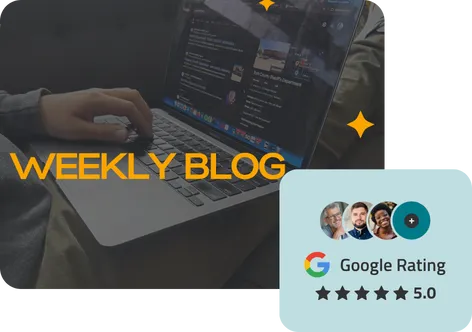TechBytes with a Twist


How to Define IT Services
How to Define IT Services
In today’s digital-first world, IT services are no longer a behind-the-scenes function—they are the heartbeat of successful organizations. From ensuring secure communication to enabling business agility, defining IT services clearly is crucial for operational excellence, vendor alignment, and client satisfaction.
What Are IT Services?
IT services refer to the application of technical expertise and business processes to enable organizations to access, manage, and optimize information and technology. According to Gartner, IT services involve “the application of business and technical expertise to enable organizations in the creation, management, and optimization of or access to information and business processes.”
These services range from foundational infrastructure and software support to advanced solutions like cybersecurity, cloud migration, disaster recovery, and network monitoring.
At Soarin Group, we define IT services as strategic partnerships that empower organizations to thrive through secure, scalable, and proactive technology solutions.
The Three Pillars of IT Services
To define IT services more precisely, let’s break them down into three core pillars:
1. Infrastructure Services
These include hardware, software, networks, and data centers—the tools and platforms that allow your business to operate. Think of them as the physical and virtual skeleton of your IT ecosystem. Examples:
Server management
Network monitoring
Device lifecycle support
2. Application Services
These services relate to the deployment, configuration, and support of business-critical software applications. Application services ensure your team uses the right tools effectively, and they include:
Software deployment and licensing
SaaS management
Patch management
3. End-User and Support Services
From helpdesk support to managing end-user devices, this layer ensures smooth day-to-day operations. Atlassian frames this as the interaction point between IT and the business:
Service desk and ticketing
Remote support
Employee onboarding/offboarding tech setup
The Role of IT Services in Modern Business
As Splunk emphasizes, IT services are increasingly tied to business value. It's no longer just about keeping the lights on—it's about aligning IT delivery with organizational goals. Modern IT services should:
Be proactive rather than reactive
Include measurable service levels
Tie into cybersecurity, compliance, and scalability
For government agencies, nonprofits, and growing enterprises alike, IT services are the framework that allows innovation, productivity, and data security to flourish.
Types of IT Services You Might Use
Businesses often need different categories of IT services, including:
Managed IT Services: Outsourced support for full-stack IT infrastructure
Cloud Services: Hosting, migration, and backup in platforms like Azure or AWS
Cybersecurity Services: Risk management, threat detection, compliance readiness
VoIP & Communications: Modern phone systems and video conferencing tools
Data Cabling & Network Setup: Physical infrastructure design and optimization
At Soarin Group, our team brings both strategic leadership and hands-on support, ensuring your IT isn’t just functional—it’s future-proof.
Why It Matters to Define IT Services Clearly
Defining IT services helps you:
Set clear expectations with internal users or external vendors
Budget accurately and measure ROI
Build resilience through service-level agreements (SLAs) and proactive planning
Stay compliant with government and industry-specific regulations
Without clear definitions, IT quickly becomes a cost center instead of a growth engine.
Final Thought: IT Services Are a Strategic Advantage
Understanding how to define IT services is step one in building a smarter, more efficient organization. At Soarin Group, we help organizations—from counties and cities to nonprofits and fast-growing firms—translate IT from a pain point to a competitive edge.
If you're asking "What does IT really do for us?", let's redefine that together—on your terms, with your goals in mind.
Want to explore how IT services can work smarter for your organization?
📩 Contact Soarin Group for a consultation or learn more about our Managed IT Solutions.


